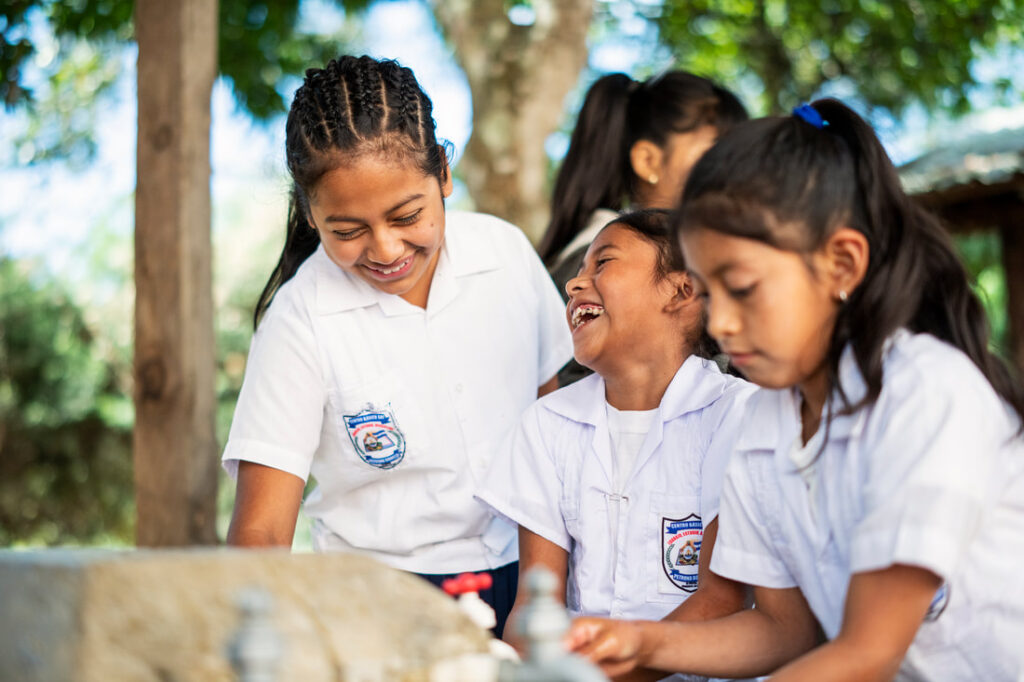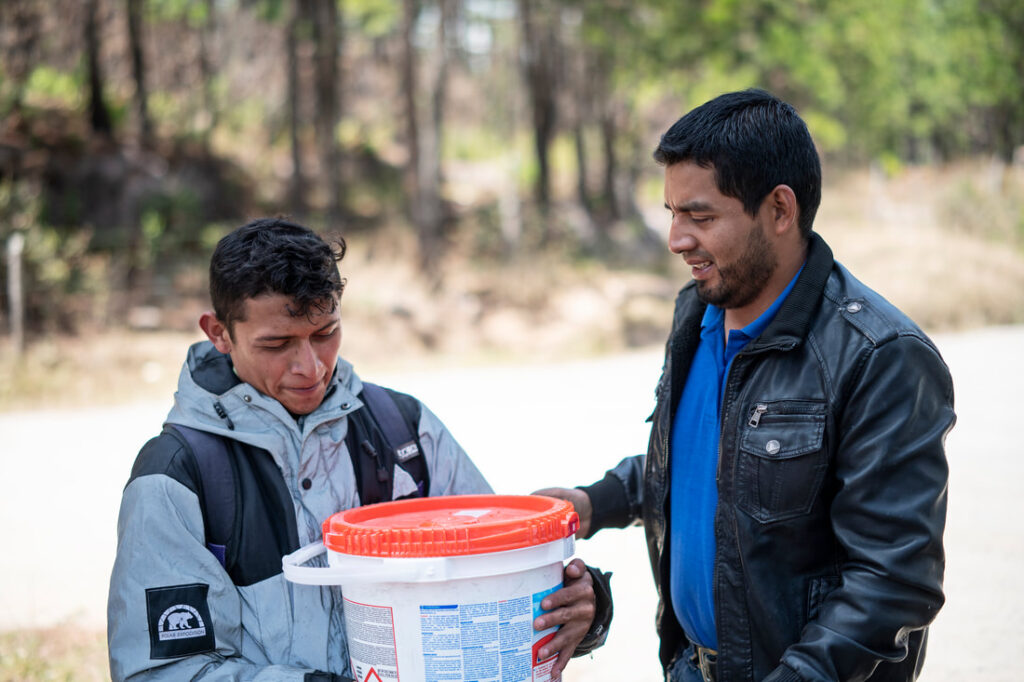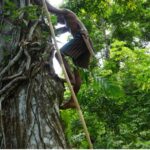Protecting Lives with Safe Drinking Water in Honduras
Every morning, before she lights a fire, before she feeds the chickens, before she wakes her three grandchildren for school, Irma turns on the faucet and pours herself a glass of water. This small act may seem inconsequential to many, but Irma waited more than forty years to do this, and she refuses to start her remaining days any other way.
Until recently, Irma was one of more than one million Hondurans who lack access to clean drinking water. Irma’s situation and that of her neighbors changed earlier this year when EOS International came to her village located in the foothills of the Cordillera de Montecillos

As a social enterprise, EOS earns revenue from each village installation and recurring income from the sale of chlorine tablets. Remarkably, the average EOS household pays just an additional $1.83 per year to access clean water at home.

When EOS comes to town, health outcomes improve dramatically. Studies have shown that diarrhea, one of the leading causes of child mortality, is cut in half. In their book, Poor Economics, Nobel laureates Abhijit Banerjee and Esther Duflo wrote, “Most experts agree that access to piped water and sanitation can have a dramatic impact on health. …It is estimated that by piping chlorinated water to households, it is possible to reduce diarrhea by up to 95%.” The health benefits of clean drinking water are even more pronounced during this era of COVID-19.
The benefits of clean drinking water aren’t limited to people; the environment also benefits from each EOS installation. Throughout Central America, families purify water by boiling it over wood fires. Firewood collection is a major source of deforestation and the smoke from these fires adds greenhouse gases to the atmosphere.
Beneficial Returns supports social enterprises like EOS International that employ market-based solutions to reduce poverty and improve the environment in Latin America and Southeast Asia. Beneficial Returns provided EOS International with a loan to bring their technology to an additional fifty communities in Honduras and Nicaragua.





Comments are closed.